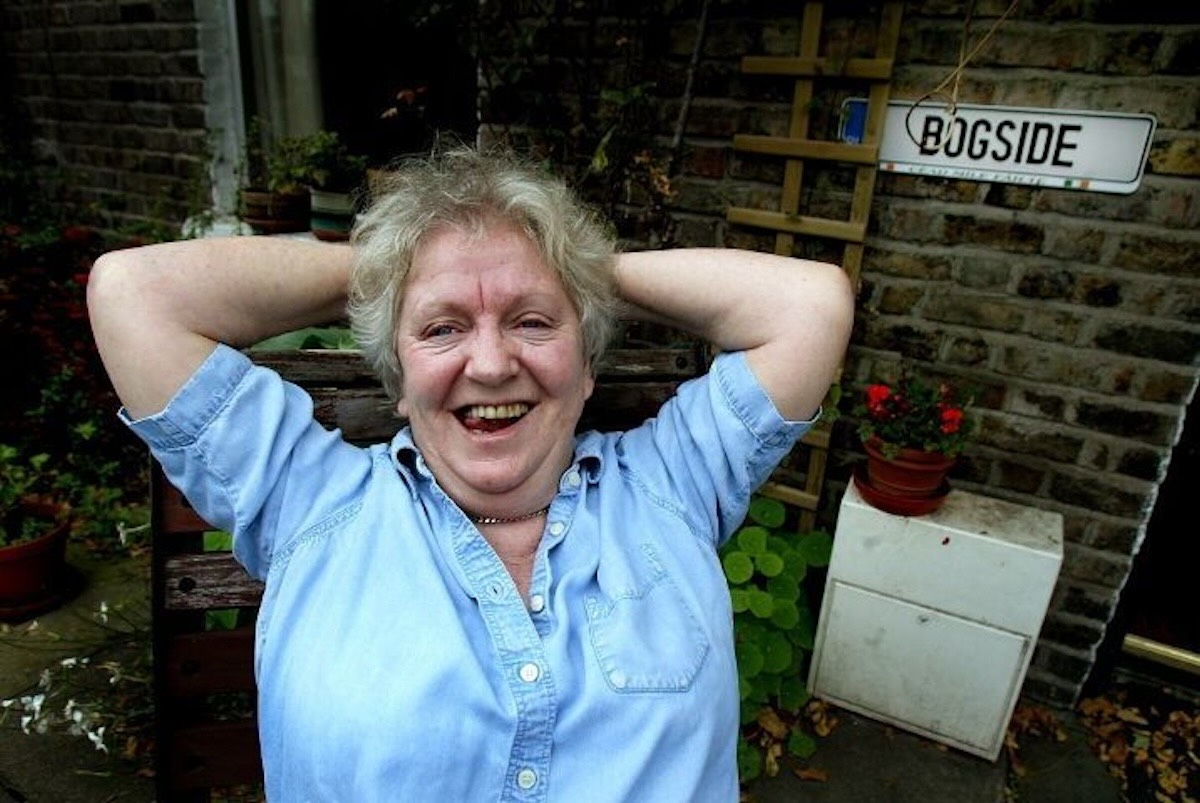
The widely respected Derry-born journalist, author and equality activist, Nell McCafferty, who helped break down censorship of republicans in the 1980s, has died.
Her family confirmed her death on Wednesday at a nursing home in County Donegal, aged 80.
Ms McCafferty was born in Derry in 1944 and grew up in the nationalist Bogside. She was among the first Catholics admitted to Queens University in Belfast, where she studied arts and got involved in civil rights politics. She spent time teaching briefly before taking up journalism and writing.
Her noted works include ‘The Armagh Women’ on woman republican prisoners and their hunger strikes in Armagh jail; and ‘Peggy Deery: A Derry Family at War’.
She was a founding member of the Irish Women’s Liberation Movement and found her voice writing on social injustices in the Ireland of the late 1960s and 1970s.
Paying tribute, President of Ireland Michael D Higgins said she was “a pioneer in raising those searching questions which could be asked, but which had been buried, hidden or neglected”.
The North’s First Minister, Michelle O’Neill, paid tribute to Ms McCafferty as a “trailblazer” and a “towering figure” in Irish journalism.
“A proud daughter of Derry, Nell’s wisdom, humour and humility will be sorely missed by everyone who knew her.”
Sinn Fein leader said she had “lived and worked every day to comfort the afflicted and afflict the comfortable. Most often, the powerful didn’t like it. That’s how how she knew she was doing the right thing.
Her writing and campaigning helped to change Ireland for the better. She will be deeply missed. Ar dheis Dé go raibh a hanam”.
Former Republican Sinn Féin President Des Dalton said her background as a working class republican Derry woman had “informed her rage” against injustice in all its forms.
“She was an activist in the Six Counties Civil Rights Movement. Present on the Bogside on ‘Bloody Sunday’ in 1972, she would write a book on one of the survivors of that massacre, Peggy Deery, allowing a voice to be heard that would otherwise be silenced or ignored.
“Likewise she championed the cause of the Armagh Republican women prisoners protest and hunger strike, writing a book on it.
“My memories of Nell are of the 1980s, when as a teenager in the era of ‘Section 31’ censorship it was impossible to hear an alternative republican view of the conflict in the Six Counties.
“Nell was one of the very few voices to break through that censorship to provide a republican analysis and speak truth to a 26 County political and media elite who not only didn’t want to hear such an analysis, but didn’t want anyone else to hear it either.
“She was truly a fearless champion of the underdog. Ar dheis Dé go raibh a hanam dílis.”
![[Irish Republican News]](https://republican-news.org/graphics/title_gifs/rn.gif)
![[Irish Republican News]](https://republican-news.org/graphics/title_gifs/harp.gif)

